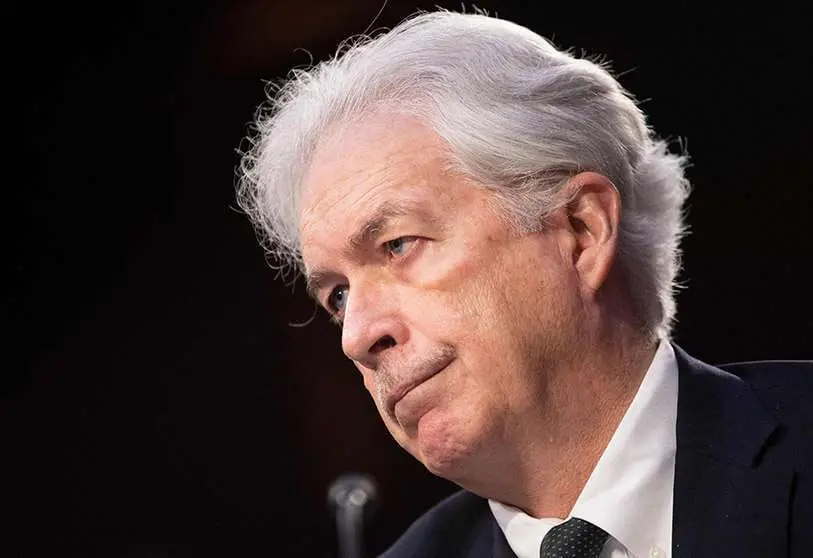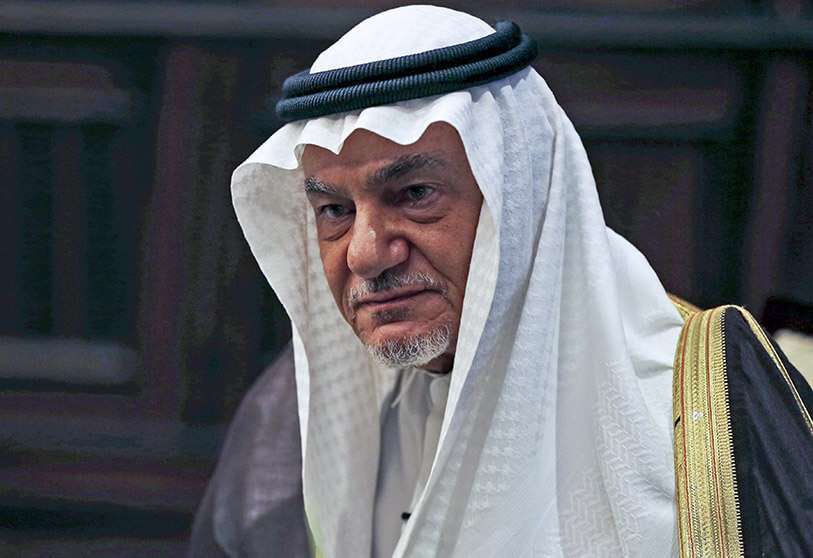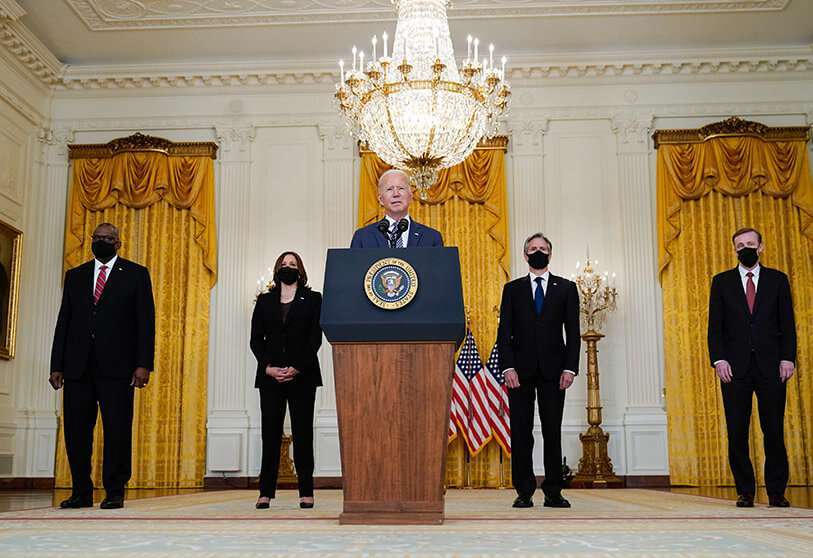CIA director secretly travelled to Saudi Arabia to repair bilateral ties

The US withdrawal from the Middle East to pivot once and for all to the booming Indo-Pacific region, which materialised in August 2021 with the turbulent withdrawal from Afghanistan, has been conditioned as a result of Russia's invasion of Ukraine and the devastating energy and economic consequences. These issues, coupled with the various latent security threats in the region, have pushed the Biden administration to smooth things over with one of its usual partners.
The secret trip to Saudi Arabia by CIA Director William J. Burns, revealed this week by 'The Wall Street Journal', is a testament to Washington's renewed priorities. Made 'in pectore' in mid-April, the US intelligence chief's visit served to rebuild diplomatic ties with the Wahhabi kingdom during a meeting with Crown Prince Mohammed bin Salman in the coastal city of Jeddah, where the Saudi leadership spent the holy month of Ramadan.
Burns' mediation is no coincidence. The agency's director served as undersecretary of state and held senior positions in the US Middle East-oriented diplomatic establishment. His Arabic studies made him an expert on the region, which in 2015 earned him the position of coordinator in the negotiations with Iran that would eventually materialise in the nuclear deal. In August he visited Kabul for a meeting with Taliban leaders, and in November he travelled to Moscow for talks with Vladimir Putin.

The content of the talks, most likely related to the war in Ukraine, the situation in Yemen, the nuclear negotiations with Iran or oil production, has not been revealed, but diplomatic sources quoted by WSJ assure that it was a "good dialogue", far removed from the harsh and distant tone of recent interlocutions between Washington and Riyadh. The shouting that the crown prince shouted at President Biden's top national security adviser, Jake Sullivan, a year ago seems to be a thing of the past.
Despite the tone of the conversations, intentionally leaked by the White House, bilateral relations between the US and Saudi Arabia have never been worse. And during the mandate of former President Donald Trump, the historic ties that have united the parties since the founding of the Saudi state in the 1930s, based on oil, were strengthened.
From the first minute of his presidency, Trump maintained a belligerent stance towards Iran, Saudi Arabia's main regional rival, with whom he tore up the nuclear deal by imposing a blunt sanctions regime, which has dragged on to this day in the midst of stalled negotiations to revive the pact, and closed ranks with the Saudi regime after the atrocious murder in 2018 of the critical journalist Jamal Khassoghi.

Joe Biden's arrival in the Oval Office in January 2021 altered bilateral relations. During the presidential campaign, Barack Obama's former vice president declared that the Wahhabi kingdom should be treated as an 'international pariah' for its disregard for human rights, especially for the involvement of the regime's top leadership in the Khassoghi dismemberment at the Saudi consulate in Istanbul, which raised tensions with Turkey and an avalanche of denunciations from the international community.
The CIA, then headed by the acting David S. Cohen, considered the crown prince's involvement in the assassination proven in a report made public by the White House. Mohammed bin Salman, known in the media as MBS by his initials, denied his involvement in the case and flatly refused to discuss the matter again with President Biden's security team. Since then, relations have remained deeply strained, aggravated even further by Biden's restrictions on arms sales. But Washington is doubling down on efforts to rebuild ties.
The challenge looks difficult. Mohammed bin Salman refused to hold a telephone conversation with President Biden in February, according to The Guardian, months after preparing a $2 billion investment, from the main Saudi sovereign wealth fund headed by the crown prince himself, in the private equity firm Affinity Partners, owned by Jared Kushner, Trump's son-in-law who served as White House adviser during his presidency. A sign that reveals Riyadh's clear preference for a hypothetical Trump return in 2024.
Kushner played a crucial role in the Abraham Accords, the historic pact that normalised Israel's relations with several Arab countries and opened the door for the establishment of a framework for cooperation between Riyadh and Jerusalem, the two main US allies in the Middle East. MBS would be willing to build bridges with Israel, unlike his father, King Salman bin Abdulaziz, who has so far been reluctant to do so despite the step taken by the UAE in this direction.

Former Saudi intelligence chief and prominent member of the royal family Turki al-Faisal, who was also ambassador to London and Washington, said in an interview with the Arab News this week that Riyadh has been disappointed with the US role in recent months in addressing the security challenges facing the 'desert kingdom'. "President Biden's removal of the Houthis from the list of terrorist organisations has emboldened them and made them even more aggressive in their attacks," he said.
The geopolitical backdrop does not help. Vladimir Putin's aggression over Ukraine distanced the two countries' already tense agendas, with the Riyadh regime's repeated refusals of the US request to pump more oil in order to curb rising prices, thus reducing Moscow's revenues, which are partly earmarked for its campaign on Ukrainian soil. But US pressure has so far failed to persuade the Saudis.
In this scenario, the US fears that Saudi Arabia, an indispensable partner for maintaining its influence in the region, might align itself not only with Vladimir Putin's Russia, but also with Xi Jinping's China. There is a major divide on this issue within the Biden administration. One side favours a rapprochement aimed at lowering oil prices; the other side favours keeping its distance from a partner that is not entirely reliable because of its pro-Russian stance.








